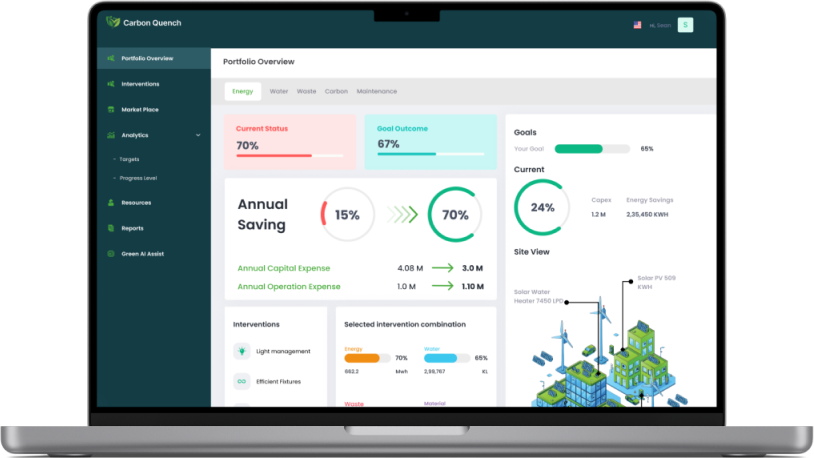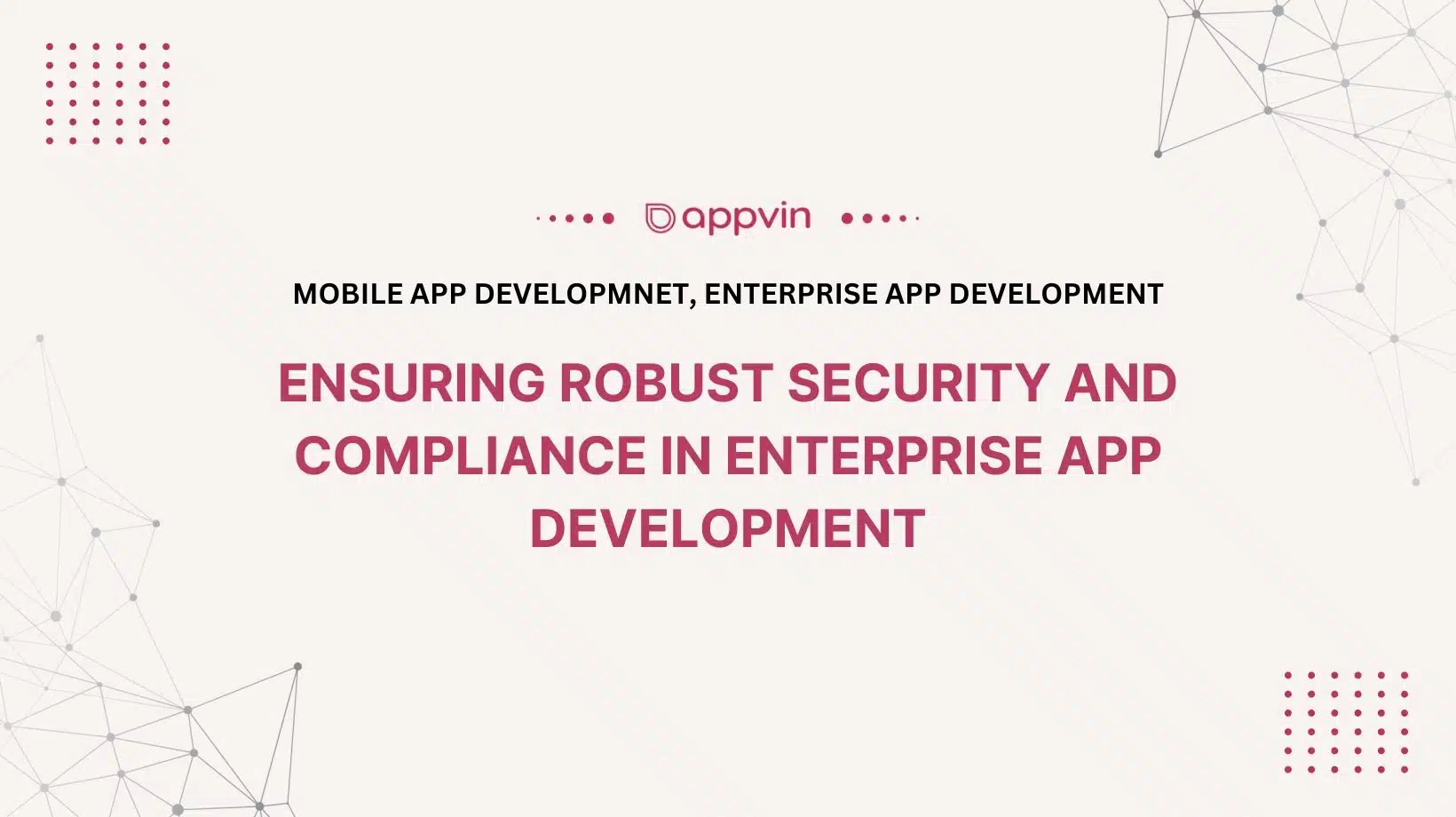Technology plays an important role in modern businesses, improving efficiency, productivity, innovation, and customer satisfaction. But it can also be complex, demanding, and constantly evolving, leading many businesses to seek guidance from experts in the field. These experts, commonly referred to as technology consultants, provide guidance to businesses on optimizing their technology and software usage to achieve their goals.
In this article, we’ll explore the concept of technology consulting, its value, the role of a technology consultant, and the path to becoming one. We’ll also provide helpful tips and resources to excel in this dynamic and rewarding career.
What is Technology Consulting?
Technical consulting encompasses a broad range of services and activities related to technology and business. These services help clients assess various technology strategies and align them with their business or process strategies.
Common technology consulting services include:
Technology consulting services can be provided by independent consultants or specialized consulting firms.
Strategic planning:
Assisting clients in defining their vision, goals, and technology roadmap to support their business objectives. This includes identifying gaps, risks, and opportunities in their current technology landscape and proposing solutions.
Architecture planning:
Designing the logical and physical structure of systems and their supporting infrastructure to meet client requirements and standards. This involves selecting appropriate technologies, tools, and methodologies for implementation.
Operational assessment:
Evaluating the performance, efficiency, and capacity of a client’s IT environment, comparing it with industry benchmarks and best practices, and providing recommendations for improvement.
Implementation planning:
Planning and executing the rollout and testing of new or upgraded technology solutions. Managing change management, training, and support to ensure a seamless transition and adoption.
Technology transformation:
Assisting clients in redesigning or reengineering their technology processes and systems to align with evolving business needs and expectations. This includes adopting new technologies or practices to enhance innovation, agility, or competitiveness.
Why is technology consulting valuable?
- For clients
Technology consulting helps clients address their business challenges with customized technology solutions, enhancing their capabilities, performance, and value. It also enables them to leverage the latest technology trends for a competitive edge in their market.
- For consultants
Technology consulting presents a wide range of opportunities to engage in challenging and diverse projects across various domains and industries. It fosters the development of technical, business, and interpersonal skills and knowledge while offering autonomy, flexibility, and recognition.
What does a technology consultant do?
A technology consultant’s role depends on the project’s type, scope, and stage.
Analyze:
Evaluate the client’s business needs, challenges, opportunities, expectations, and their current technology environment, processes, systems, data, and resources using various methods and tools.
Advice:
Providing strategic guidance, technical expertise, best practices, recommendations, or alternatives to help clients achieve their desired outcomes and assess the feasibility, benefits, costs, risks, or trade-offs of different options.
Design:
Creating solutions that meet client requirements and specifications, including system architecture, models, diagrams, prototypes, or mockups, and defining standards, policies, procedures, or guidelines for implementation.
Develop:
Implementing solutions using selected technologies, tools, and methodologies. This includes coding, scripting, configuring systems and components, and ensuring functionality, quality, and performance through testing and troubleshooting.
Implement:
Deploying, installing, configuring, migrating, integrating, or interfacing systems with other systems or data sources. Monitoring, optimizing, and tuning systems and ensuring availability, reliability, and scalability.
Manage:
Overseeing project and deliverables, planning, organizing, and coordinating activities, resources, and timelines. Communicating, collaborating, and reporting with clients, stakeholders, team members, and documenting project status, progress, or results.
Support:
Providing training, coaching, mentoring, and maintenance services to clients or users. Addressing issues, problems, or changes as they arise.
How to become a technology consultant?
Step 1: Acquire relevant education
A technology consultant typically holds a bachelor’s degree or higher in computer science, information systems, engineering, or a related field. Education provides fundamental knowledge and skills in technology and its applications. Get certifications or credentials in specific technologies, tools, or methodologies relevant to your domain or industry.
Step 2: Gain relevant experience
Work as an intern, employee, freelancer, or volunteer in various technology consulting roles or projects to collect experience. You can participate in hackathons, competitions, or online courses to develop technical, business, and interpersonal skills and knowledge.
Step 3: Build your portfolio
Create a website, blog, or social media profile to showcase your technology consulting projects, solutions, or case studies. Include your resume, cover letter, testimonials, or references to highlight your skills.
Step 4: Network and market yourself
Attend events, conferences, or meetups related to technology consulting to expand your network and maintain client relationships. Join online communities, forums, or platforms connecting technology consultants with potential clients or employers. Create and share valuable content, insights, or opinions on technology consulting topics or trends.
Step 5: Keep learning and improving
Continuously enhance your business and interpersonal skills and knowledge to better understand and meet client needs and expectations.
Tips for succeeding as a technology consultant:
Curiosity and creativity:
Approach problems with an inquisitive and inventive mindset, exploring various solutions for clients’ challenges.
Analytical and logical thinking:
Use data, facts, evidence, and reasoning to support decisions and communicate ideas effectively.
Adapt and remain flexible:
Be prepared to adjust and respond to evolving technologies, requirements, expectations, and situations.
Collaboration and communication:
Develop strong collaborative skills and communicate with diverse audiences through different modes.
Uphold professionalism and ethics:
Maintain respect, trustworthiness, and accountability in your interactions and adhere to relevant laws, regulations, and industry standards.
Conclusion
Technology consulting is a fulfilling career that involves advising businesses on optimizing technology and software to achieve their goals. To become a technology consultant, cultivate a blend of technical, business, and interpersonal skills and knowledge while remaining passionate and adaptable.
You can explore AppVin’s website and discuss your technological needs and challenges. AppVin Technologies is ready to assist you in finding the best possible solution.







